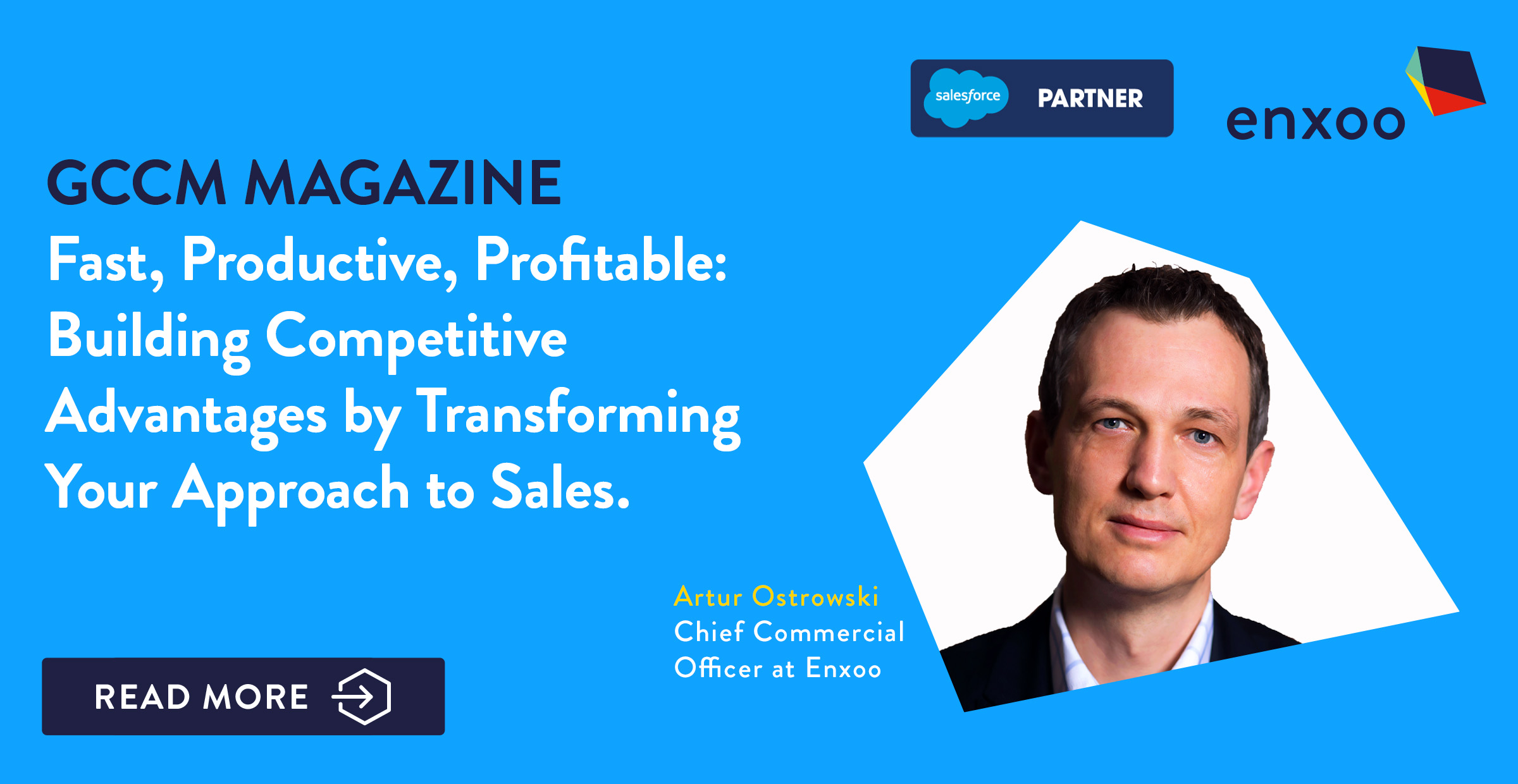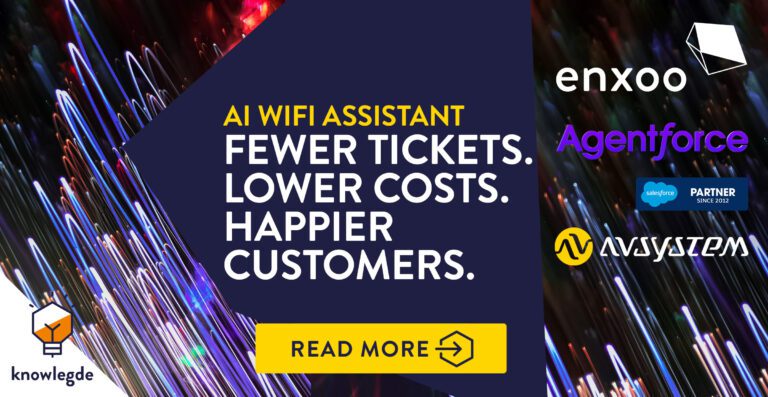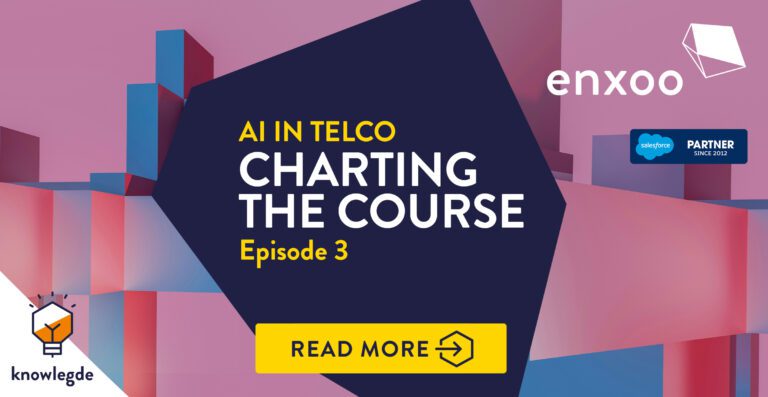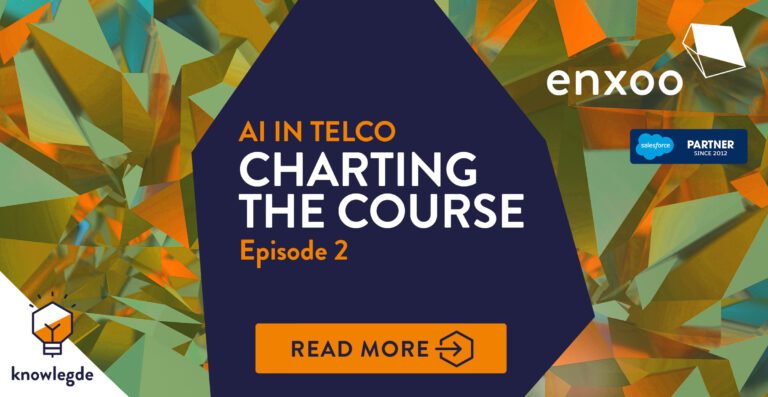Some years ago, it was enough to offer cable to attract customers who were willing to wait for installation. However, telecommunications has evolved significantly in the last decade. B2C customers are accustomed to doing everything from within the application with a single click, and they see no reason why things should be done differently in the telecommunications industry. And these simple, easy, quick customer experiences translate into the requirements that the telecommunications industry must meet. Digital transformation is unavoidable in a constantly changing business environment.
You must begin right now, but the question is HOW?
How to deliver fast, productive, and profitable customer experiences across the B2B telecoms ecosystem?
To gain new competitive advantages, and enable an affordable, straightforward, dependable end-to-end client experience, wholesale carriers and MSP service providers must modify their infrastructure, sales processes, and customer experiences. The streamlining and accelerating of sales processes will be a key distinction in today’s ultra-competitive industry.
However, it’s an extremely challenging process in which wholesale carriers and MSP service providers must overcome many difficulties.
Key challanges of digital transformation:
1. Sales Process Remains Largely Offline
Innovation is key in the B2B landscape, so wholesale carriers and MSPs need to update manual offline sales processes to remain competitive and serve demand.
2. Quoting is Slow
Eager customers are growing frustrated at the time and resource cost involved in generating their own quotes.
3. Visibility and Control are Minimal
Legacy sales techniques do not provide the visibility and control that customers require for an excellent experience.
4. Provisioning is Manual
Each step requires human processes to deliver a service to the customer, which becomes costly and limits a business’s ability to grow. They need to get from A to B much more efficiently.
5. Lead Times are Long
We’re living in an era where everything is available on demand, and sales lead time will affect customer experience more than ever before.
6. Fast-Paced Market
Customer demands are growing too fast for manual processes to continue. The wholesale carriers and MSPs that can adapt to market changes will be the ones serving customers in the long term and building lasting relationships. That’s why digital transformation is crucial.
It may seem like a lot, but it is definitely worth going through it. Forbes claims that businesses with a customer experience perspective generate 4-8% more income than the rest of their industries. To succeed, businesses must take a step back and evaluate the client experience they are currently providing, after which they must adjust their systems and procedures.
Read my most recent article if you’re curious about this subject and want to learn more. Check GCCM Magazine, pages 17-19.
***
Artur Ostrowski
Chief Commercial Officer, Enxoo
Artur has many years of general management and sales experience in an international environment, predominantly within the communications industry. Before joining Enxoo, Artur worked at T-Mobile as a Chief Commercial Officer responsible for the B2B market in Poland. Before that, held different positions at GTS Central Europe incl. Senior Vice President of Infrastructure Services, Head of Marketing, and Head of International Wholesale.
Between 2000 and 2009, Artur spent 10 years at TeliaSonera International Carrier where he was managing regional operations for West Europe, Central & Eastern Europe as well as Asia.
In his career, Artur played instrumental roles in conducting a transformation and restructuring of telecommunication operations in multiple countries and regions. Artur has also driven a number of M&A activities, successfully acquiring and integrating infrastructure operators in various markets.
Artur holds a master’s degree in Management from Warsaw University and later obtained an Executive MBA from Warsaw University of Technology. Artur attended a number of executive programs including those at Stanford University, IMD, and London Business School.



